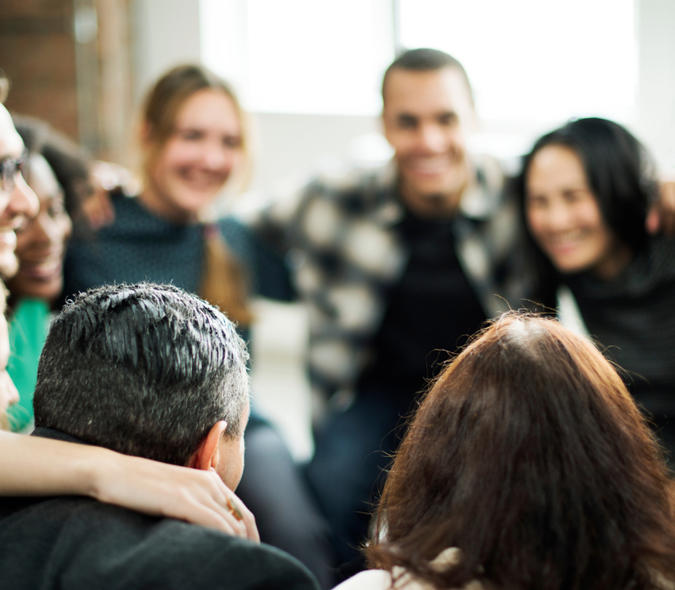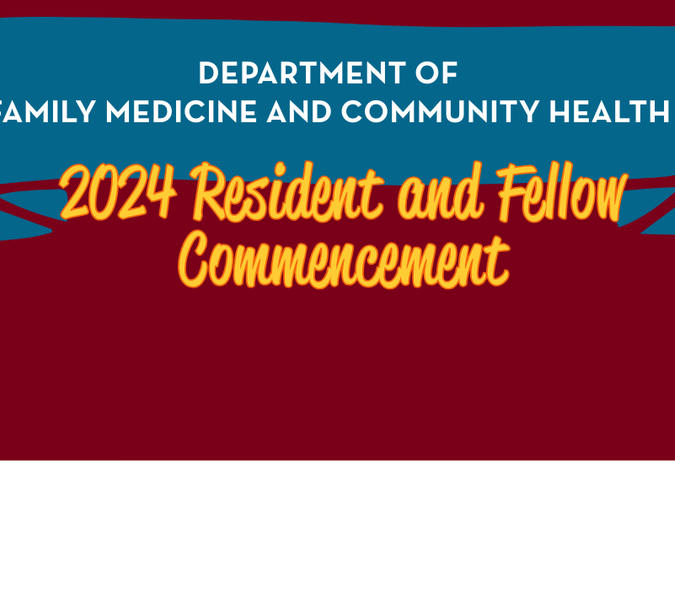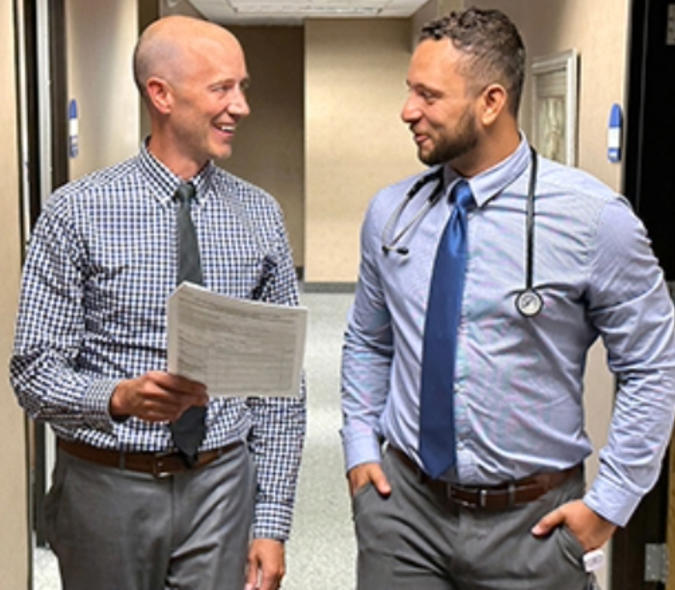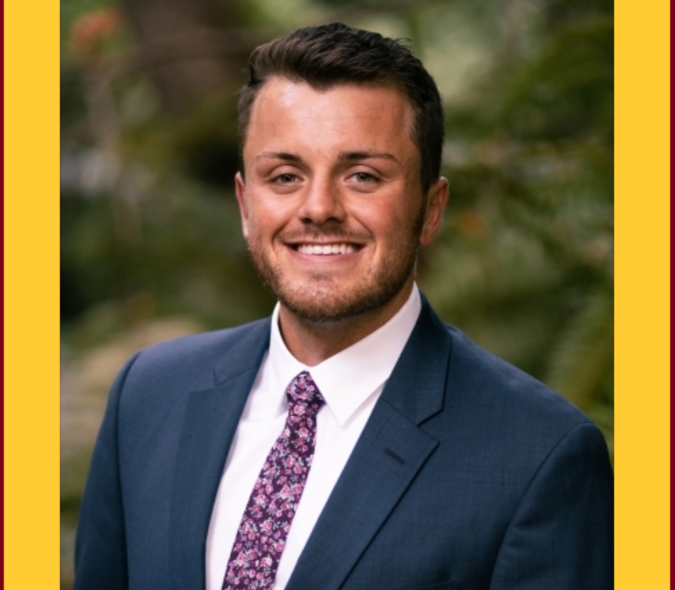
Getting Free
I've been thinking a lot about freedom—particularly in the last year, and also within the context of this month's Juneteenth and next month's July 4 celebrations. Incredible historical and contemporary thinkers, writers, organizers, and strategists have led the challenging and visionary work of imagining and designing a world with more freedom. I don't pretend to be an expert or have all the answers. I would like to share with you some of what I am learning and considering and how I see getting free as relevant for our work in family medicine. Paulo Freire writes, "To affirm that men and women are persons and as persons should be free, and yet to do nothing tangible to make this affirmation a reality, is a farce." The more time I have spent learning and working toward justice and equity, the more I realize that progress in this work depends on shared values and an active continuous commitment to freedom and liberation.
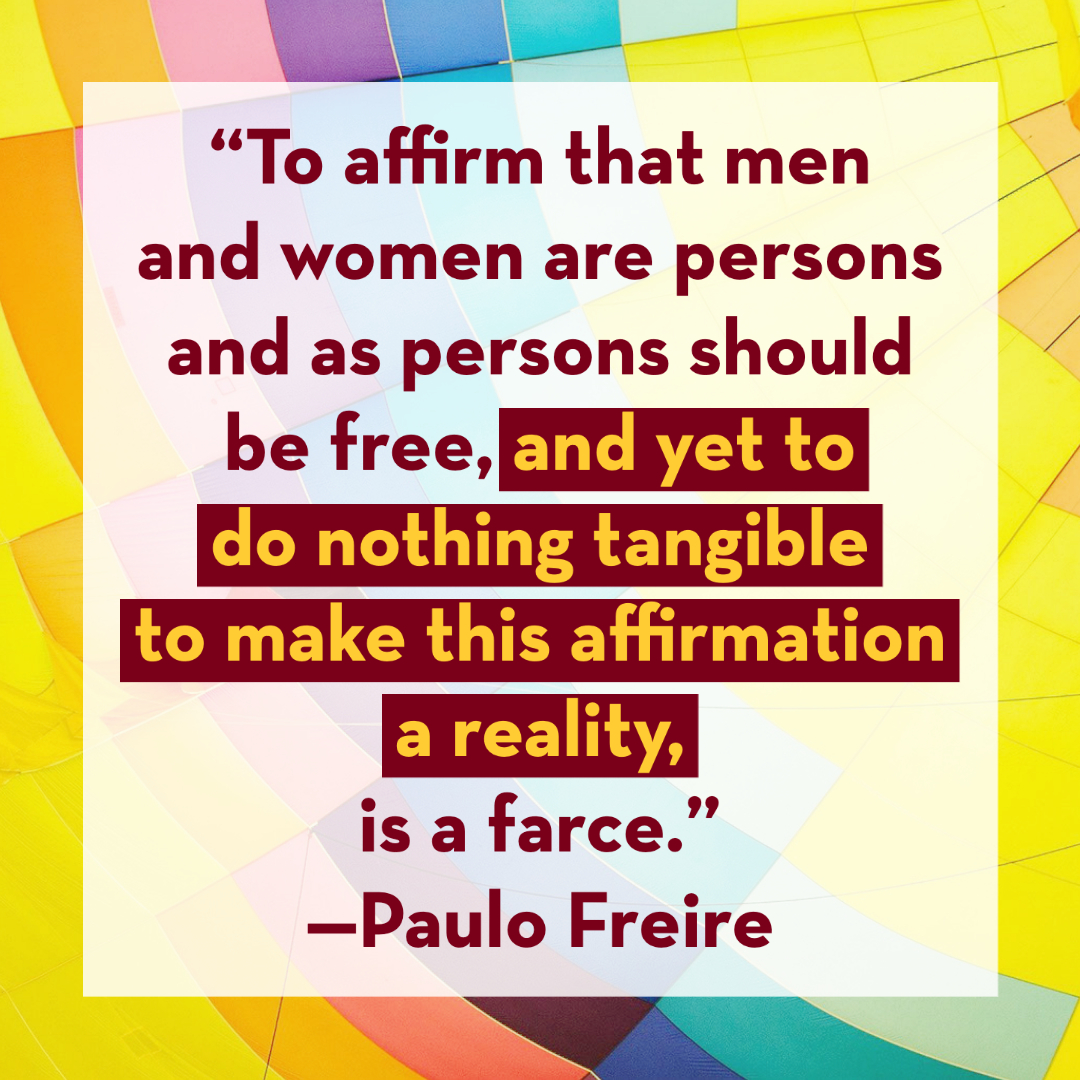
Personally, I root my practice in the belief that all people have inherent worth and dignity and that all people and all bodies deserve respect and care. I believe that we all do better when we have more freedom and autonomy to choose for ourselves with access to life-giving and health-promoting choices, and when we recognize and consider the interconnectedness of the world and others in our decisions. Freedom does not mean that we only decide what is best for us individually but collectively and collaboratively, and when we take into account the effects of our choices on our human and non-human relatives.
As part of active work toward liberation, I have created a reflective practice with my clinical work, teaching, and relationships where I try to pause and ask myself some version of these questions: Does this action (policy, comment, conversation, procedure, assumption) affirm this person's inherent dignity, value, and autonomy, or does it undermine it? How can I practice liberation in this moment? Will this help us/me/you get free or am I contributing to dehumanization, punishment, or oppression, either actively or by not challenging the status quo?
Education in its true sense—awakening critical consciousness—is not about depositing information into empty vessels. Instead, education must be a liberatory practice and praxis (this concept is based on the work of Paulo Freire, bell hooks, and many others). I aspire for our role as academic family medicine practitioners and educators (physicians, psychologists, researchers, nurses, learners, all of us) as catalysts for transformation and liberation. We can and must create an environment for patients, trainees, and colleagues to use their experiences and knowledge in the service of creating a better, more compassionate, more liberated world, and in this way we pave the way toward getting free.
